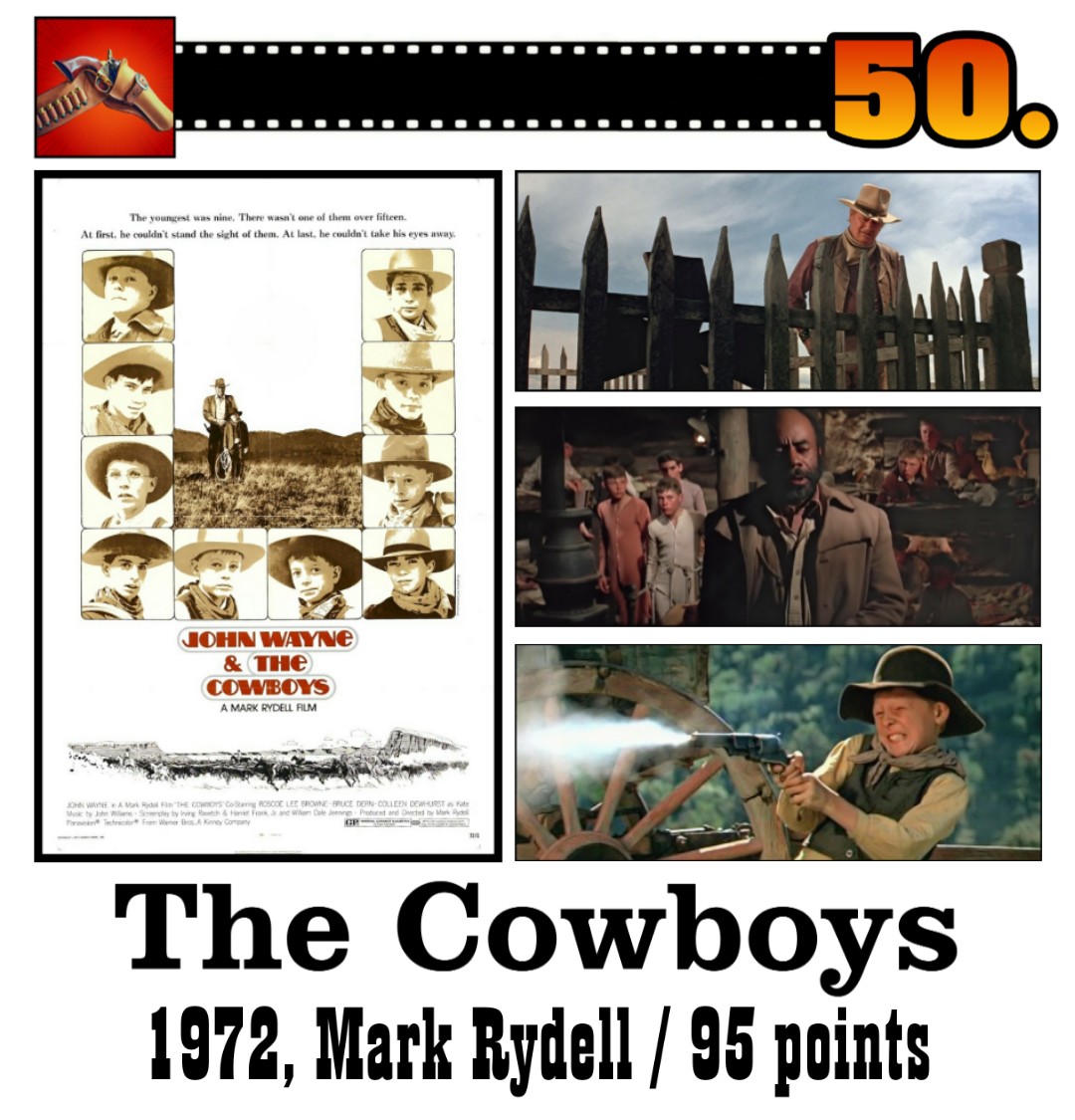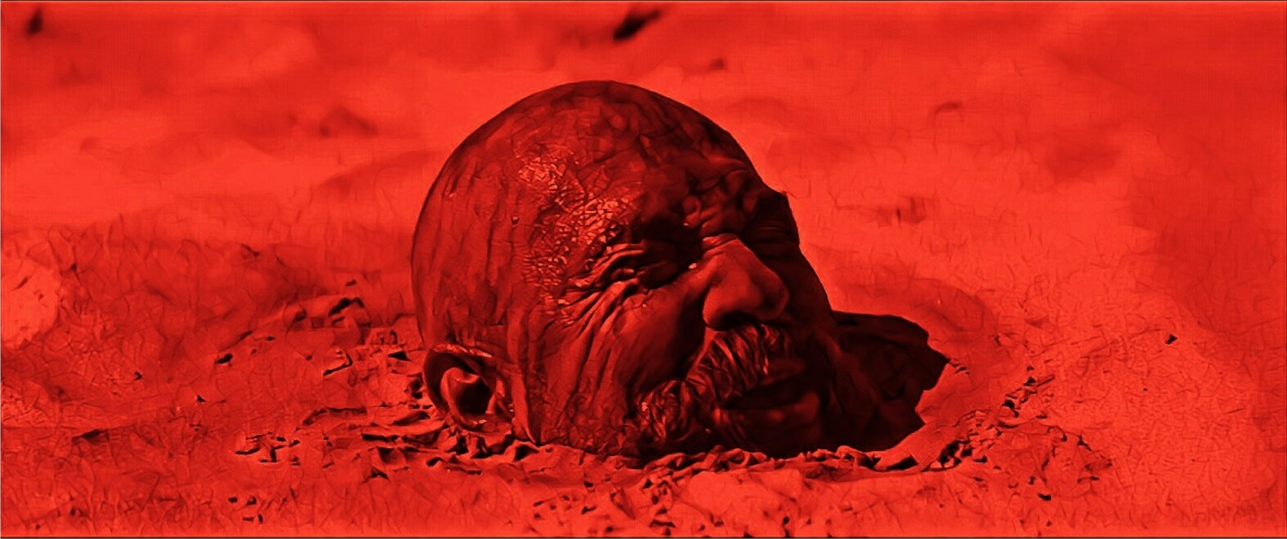
For the seemingly hundreds of movies he made and as enduring a movie star as he was John Wayne was only nominated for two Oscars. His first was
The Sands of Iwo Jima (1949). He was already forty-two and Broderick Crawford won that year for
All the King’s Men. His only other nomination came in 1970 when Duke was nearly sixty-three. His competition was two well respected Brits in Richard Burton (
Anne of the Thousand Days) and Peter O’Toole (
Goodbye, Mr. Chips) and the young co-stars of the movie that would win Best Picture and was about as antithetical to Wayne as something could be,
Midnight Cowboy's Dustin Hoffman and Jon Voight. Wayne got his Oscar for playing the cranky, aging Rooster Cogburn who reluctantly teams with a young girl (Kim Darby) and a Texas Ranger (Glen Campbell) to track some wanted outlaws including Robert Duvall and Jeff Corey. It is the last time Wayne worked with director Henry Hathaway and this is the third of their films to make the countdown (#100
The Sons of Katie Elder and #96
North to Alaska). The original
True Grit was on ten ballots, seven of them were top ten votes: an eighth, three seventh, one fifth, and a pair of fourth placers.
Jeremiah Johnson was a real person whose life and myth were the subject of the non-fiction bio
Crow Killer: The Saga of Liver-Eating Johnson. John Milius was commissioned to adapt the story into a screenplay and at one stage it was going to star Clint Eastwood and be directed by Sam Peckinpah: the two didn’t see eye-to-eye and both left the film. It would land as a project for Robert Redford, now a producer and a movie star thanks to
Butch Cassidy and the Sundance Kid, who brought on his friend Sydney Pollack to handle directing. Redford fought with Warner Brothers to make sure the entire movie was shot on location and that decision is as big as any in making
Jeremiah Johnson the classic it is. Shot in the magnificent wilds of Utah the story of a war veteran who decides to become a trapper and Mountain Man, knowing little about it and having to battle the elements, bears, and hostile Native Americans is an often quiet portrait that feels authentic.
Johnson was on a dozen ballots including a second, a fourth, a fifth, and a seventh place nod.


The Sons of Katie Elder, North to Alaska, She Wore a Yellow Ribbon, The Shootist, Red River,
The Cowboys, El Dorado, True Grit, Two Mules for Sister Sara, and Pale Rider







